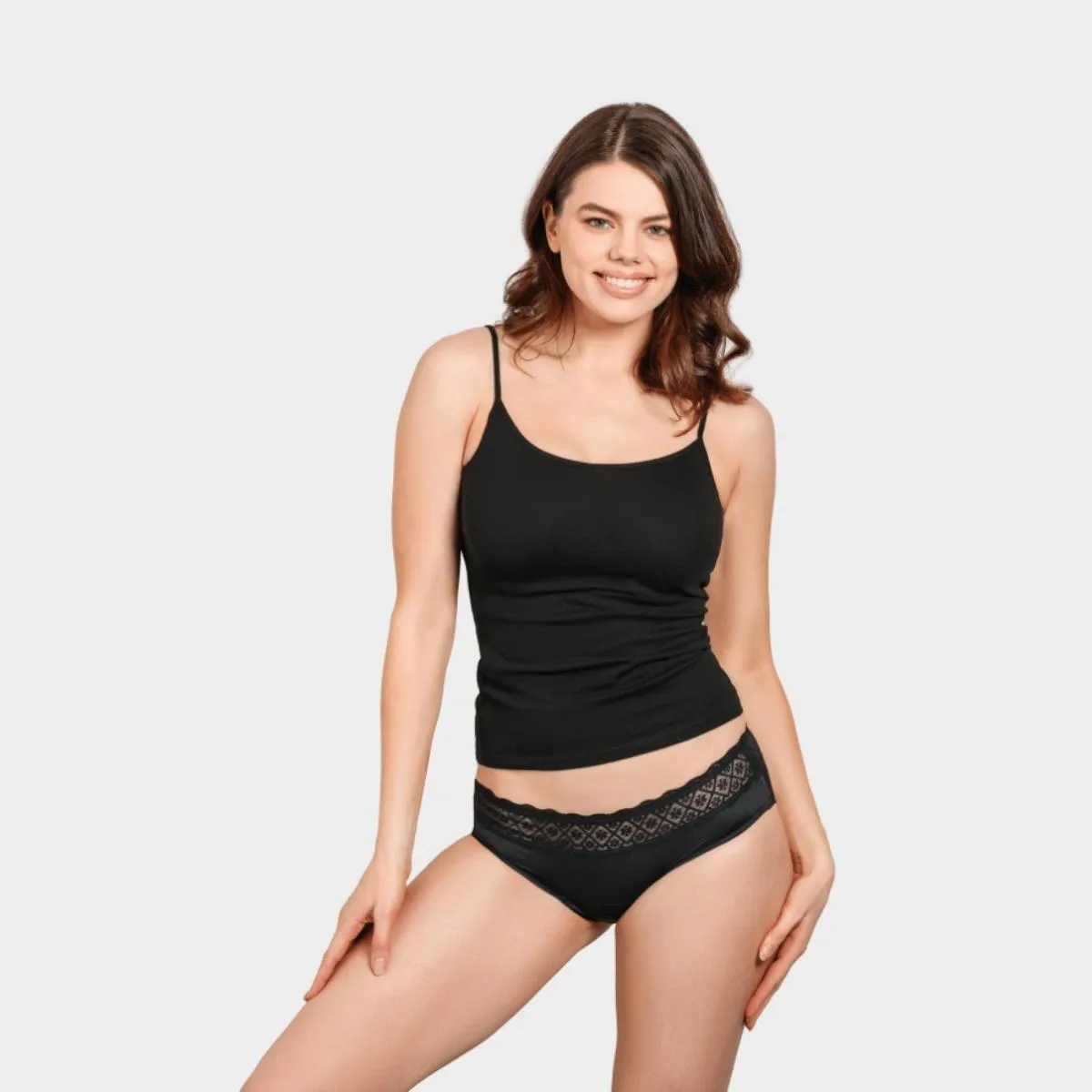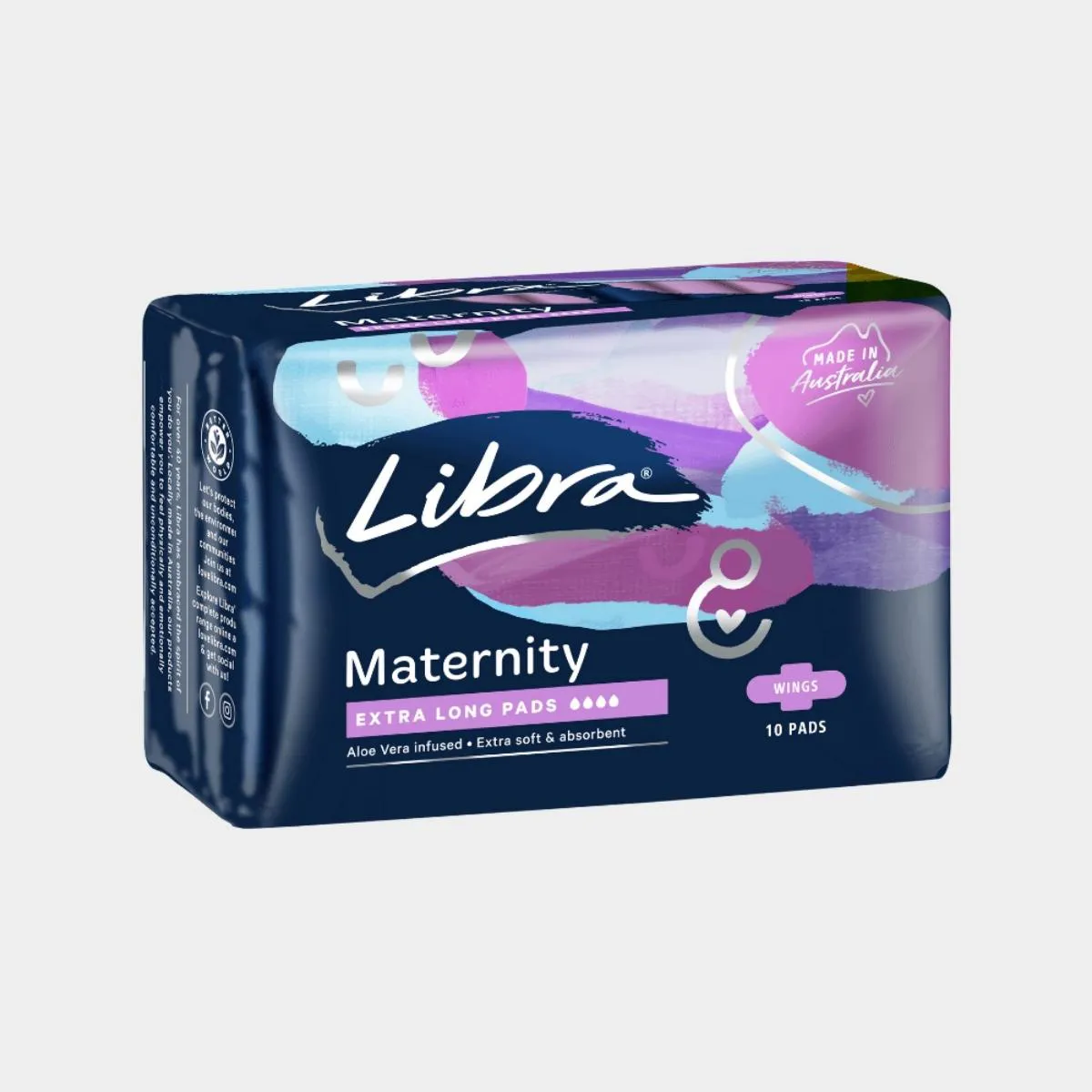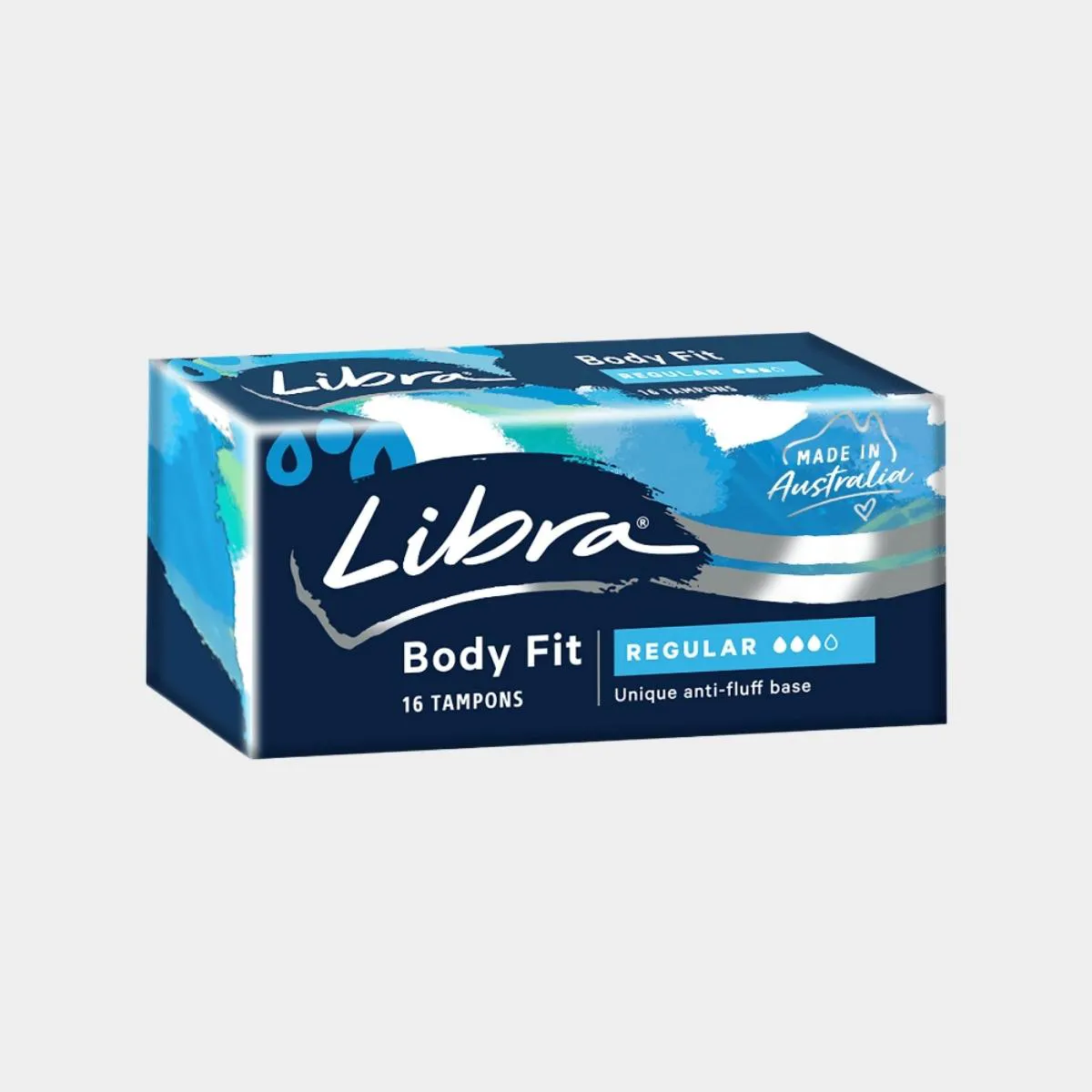Mar 15, 2022
Everything you need to know about breasts
Boobs - we’ve all got ‘em! Coming in a range of different shapes, sizes, colours and positions, they’re another unique part of our bodies. It’s actually totally normal that no pair of boobs, or their development, are exactly the same! And whether you have finished up with puberty, or are not quite there yet, there’s always a thing or two to learn about breasts. So, if you’ve been wondering about how they look, how long they take to develop, or what they’re even there for, scroll on, as Team Libra is here to talk about all things boobs.
So, what exactly are breasts?
Located on the chest, breasts are a part of the body that begins to form from the time that we’re in the womb. In the female body, they're a combo of fatty, fibrous and glandular tissue. While our boobs may look unique on the outside, they’re actually same-same on the inside!
From big to small, lopsided to symmetrical, there are around 12 distinct ‘types’ of boobs - each just as normal as the next. The fatty and fibrous tissue is what gives boobs their shape. And with all different busts, comes all different nipples too. Varying in colour, shape and size, what our boobs and nipples look like can all be linked back to our genetics and biology.
As for the primary function of breasts in the female body, can you guess what we have glands and milk ducts for? Yep, to make breast milk for babies! As we get older and potentially enter pregnancy, our breasts and duct systems continue to develop, in order for us to produce and deliver breast milk for our babies.
When do breasts begin to develop?
Generally, breast development starts as we enter our teen years - usually around two to three years before our first period. But of course, boobs don’t just pop up overnight; development comes in different stages, and the lengths of these stages differ for everyone.
The first telltale sign of breast development is when the nipple starts to raise. Next up, breast ‘buds’ begin to appear, and the dark skin around the nipple (aka the areola) starts to expand. Glandular tissue starts to develop, and breasts continue to fill out into a rounder shape. Some of us may also find that one breast grows faster than the other, which is completely normal! And as our boobs are growing, some tenderness, itching, and growing pains are also to be expected. Tip: You may find that a well-fitted and comfy bra can help to ease some of that pain!
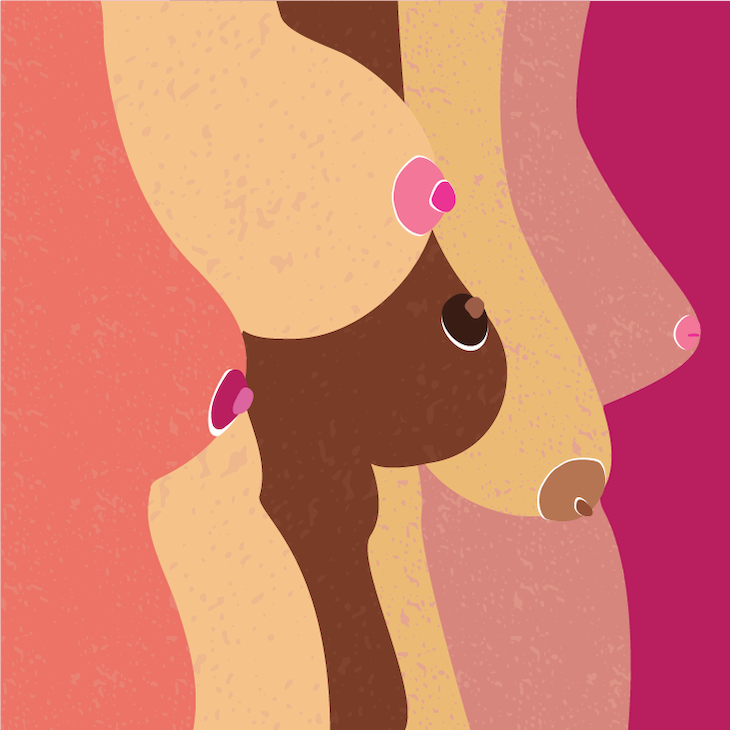
What happens to our boobs during our periods?
For many of us, one of the major symptoms of PMS is sore and swollen boobs. The changes in hormones over our cycle go hand-in-hand with changes in our bodies, including within the milk ducts and glands of the breasts. Just before your period, you might find that your boobs feel extra tender, and maybe even a little lumpy. Rest assured that this is usually no reason to stress, but you can always reach out to your GP if you’re feeling unsure.
What can I do to look after my breasts?
Getting to know your boobs with regular self-breast checks can help you with noticing if there’s anything out-of-the-norm. As you reach your 20s, it’s important to do these checks once a month:
- Visual checks: Standing in front of a mirror with your hands on your hips and shoulders straight, look at the shape, colour and size of your breasts and nipples. Next, raise your arms and do the same visual inspection. Take a mental note of the contours of your boobs, any changes to the shape or colour, and if you’re experiencing any discharge from the nipple, redness, rashes or swelling.
- Hands-on checks: Feel the texture and shape of your breasts; noting if there’s any lumps, areas that are painful, or skin that is different from before. It’s a good idea to do this in the shower, as your skin is more slippery, and then again while you’re lying down. Make sure to feel from your collarbone, to your armpits, all the way down to your stomach.
If you do notice any changes in your breasts, including: new lumps, changes to the shape or colour of your breasts or nipples, any changes to the skin, or any discharge, pain, rashes or swelling, it’s best to make an appointment with your GP ASAP. They’ll be able to check things out for you.
Bonus Boob FAQs
Q: I have boobs but no period, what’s going on?
A: Since puberty plays by no rules, everyone’s experience is unique! Although there are some typical signs that you may experience before your first period (like your boobs starting to develop), it’s not exactly the same for everyone. Basically, your period will come when it's the right time for your body! You can keep an eye out for other signs like pubic hair, cramps, and feeling a little bit moody. Once you start to notice your discharge turning into a brownish colour, that means your period is super close!
Q: How do you know when your breasts have stopped growing?
A: While breasts stop growing around 17-18 years old on average, they can continue to grow into your 20s and then again, into pregnancy. Everyone's different, so remember to love and celebrate what you've got!
Q: Is it normal for them to be different sizes?
A: Totally normal! More than half of us have asymmetrical boobs! There are so many different reasons why this is the case, including hormonal changes, puberty, weight changes, and even age. If you’ve just started developing breasts, one may grow quicker than the other, but eventually it should even out a little more.
Got more boob questions? For anything major, it’s always best to chat with your GP - but for the little things in between, head on over to Ask Gem for some advice from your resident big sister.
And that’s a wrap on all things boobs! We hope we were able to help you to get-to-know your breasts more. Remember while they can look 12 kinds of different, we’re all unique and beautiful in our own way - boobs and all.
Love, Libra x
Essity Australasia makes no warranties or representations regarding the completeness or accuracy of the information. This information should be used only as a guide and should not be relied upon as a substitute for professional, medical or other health professional advice.
Articles
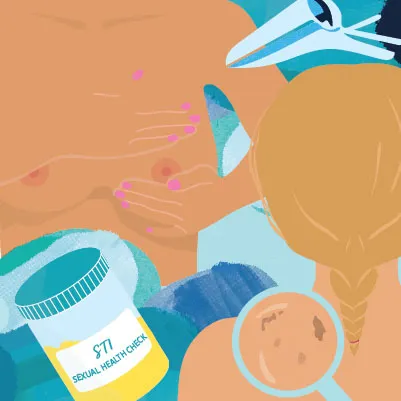
Are you up to date with your health checks?
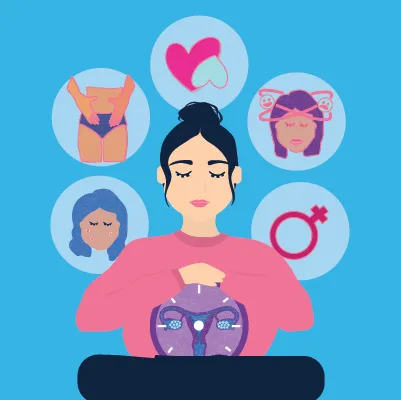
What You Need to Know About Menstrual Cycle Hormones

Why Do My Periods Sync with My Friends?
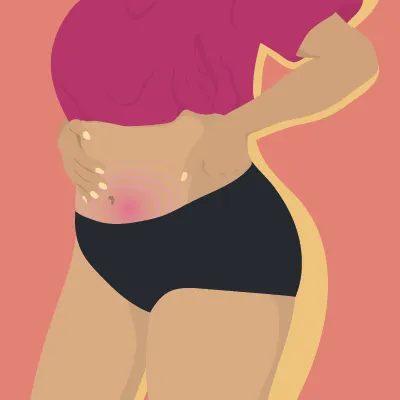
Why am I getting a burning feeling on my period?
